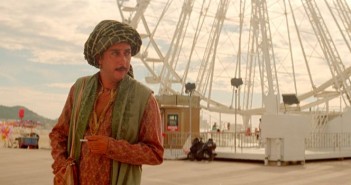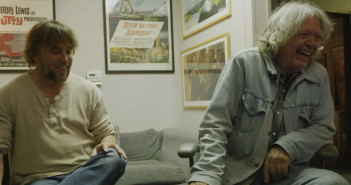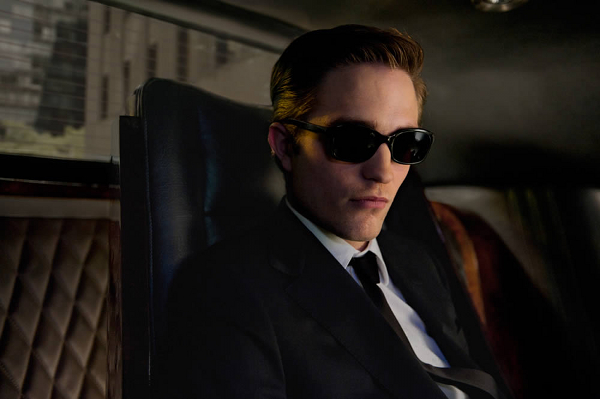He wants to get a haircut, a physical process that removes equally physical hair. Eric Packer, though, does not live in a universe of physical things. He is a man of the digital age, of intangible cyber money, of incomprehensible speculative flight, of bits and numbers, of utterly fantastic wealth, fantastic both because of its sum and its unreality. He interprets the market and its rollercoaster swings, bets against the yen, borrows impossible amounts of the Chinese currency, indebting himself to financial ruin because his dogmatic calculus tells him the yen will fall, except it never does. But what he wants is a haircut, and not just anywhere, but in the barbershop of his infancy, where his dead father used to take him. Weathered by time, the barbershop, like the haircut, is very physical; it has a history, not just for Eric, who remembers his youth, but in and of itself. The barbershop is a scarred, aging place where people have lived and breathed, and where, besides a lonely swivel chair, stands a plastic toy chair shaped like a car and intended for children, a joke version of the idiotic limousine – pristine, ultramodern, without history – on which Eric travels through hectic, riotous New York to cut his hair.




